**
Q. What's November football in your mind?**
A. It becomes less about what it is you do and more about the quality with which you do it. As you push into November and December especially, there are fewer unknowns about opponents in terms of what they are schematically, their division of labor and their personnel, the mode in which they play. There is enough video, they've been in enough situations that there are very few unknowns – whether its about somebody on their team or whether it's about us. And so as you get into the second half of the year, it's less about what you do, and it's more about the quality with which you do it, because people can anticipate it. So, what's going to win downs for you? What's going to win possessions for you? What's going to win games for you? It's the quality with which you work. We're going to continually do the same things, but we're going to expect an increasingly better result in terms of the quality of the work, because that's what is going to be required for us to win.
Q. Has Dri Archer progressed on kickoff returns?
A. He's done some nice things for us. He got a couple out past the 30-yard line in recent weeks, but we're still trying to work to crack the big one. When you talk about the success of our kickoff return team, it's not a Dri Archer discussion, it's a unit discussion. I think we're all growing together collectively. I like the general growth and development of the off-returner, for example, Jordan Todman, who's been with us now for several weeks. I like his growth and development as an off-returner. I think all of those things are interrelated, in terms of overall success, or lack of success of the group.
Q. What is Todman's job as the off-returner?
A. It's a lot of things. The primary responsibility is to assist the return man to make sure he receives the football, to lead him up on the action, and often times to be a primary blocker at the point of attack. It's a unique job. Then from time to time, if the kicking team is committed to spraying the ball and keeping the ball away from the return man, he has to be versatile enough to be a return-man capable guy yourself. He's done a nice job with those things, and I think his arrow is pointed up.
Q. What is the schematic impact on a defense when it has to deal with a tight end who is a factor in the passing game?
A. You're just very conscious with the things you do in terms of matchups. And for a variety of reasons. You have to be cautious about the situations when match a linebacker on him if he's a vertical threat. You have to be conscious about the situations when you match a defensive back on him if he's a banger. A guy who is unique at that position primarily provides physical matchup issues, be it athleticism or size.
**
Q. How do you deal with Bengals receiver A.J. Green?**
A. Coverage is just an aspect of it. You also keep a lid on him by pressuring the pocket, and pressure is not always in the form of sacks. I know Andy Dalton hasn't been sacked much this year, but if you apply pressure to the pocket you force the quarterback to make quick decisions or force him to make inaccurate passes, and that's just as effective as a cover-corner. Collectively we have to do all the above things to minimize Green's impact on the game.
Q. Do you bring up the AFC North standings with your players in a situation such as this, where a Bengals win would put them four games ahead in the loss column with about half a season remaining? Or is it too early for that discussion?
A. There's no need to bring that up. It's very obvious. That's something that's talked about routinely, by people in the players' lives, by the media, by everybody around us. I was on the treadmill four days this week, and I saw it on ESPN every day I was on the treadmill in some form or fashion. Those storylines are low-hanging fruit. I usually choose to search for the meatier stuff, and I just know those guys understand some of the ramifications that are continually talked about.
Q. Where is there value in watching Bengals-Steelers video from last season as you're preparing for this matchup?
A. The physical matchups that often times control the schematics. When you know a certain element of the matchup, it can control the schematics, meaning we're very familiar with Carlos Dunlap and the issues that he provides, and that often can control your schematics in terms of your protection plan. They're very familiar with the exploits of Antonio Brown and what he's capable of. They're also familiar with Martavis Bryant – they're probably more familiar with Martavis Bryant than most people. That may control the schematic approach as to how they play third downs. Knowledge of the opponent doesn't necessarily give either party a leg up, but it does change the schematic approach, because you cannot deny what you know.
**
Trick or Treat! Enjoy some photos of our best dressed Steelers fanatics.
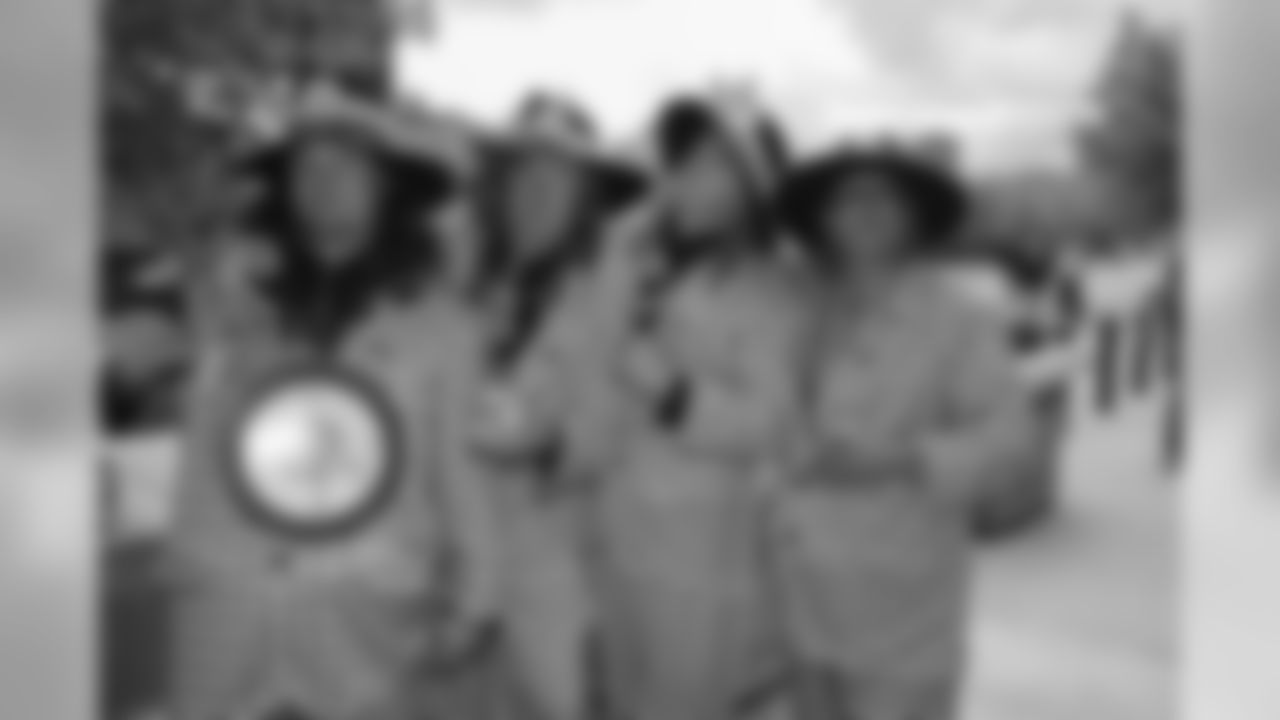


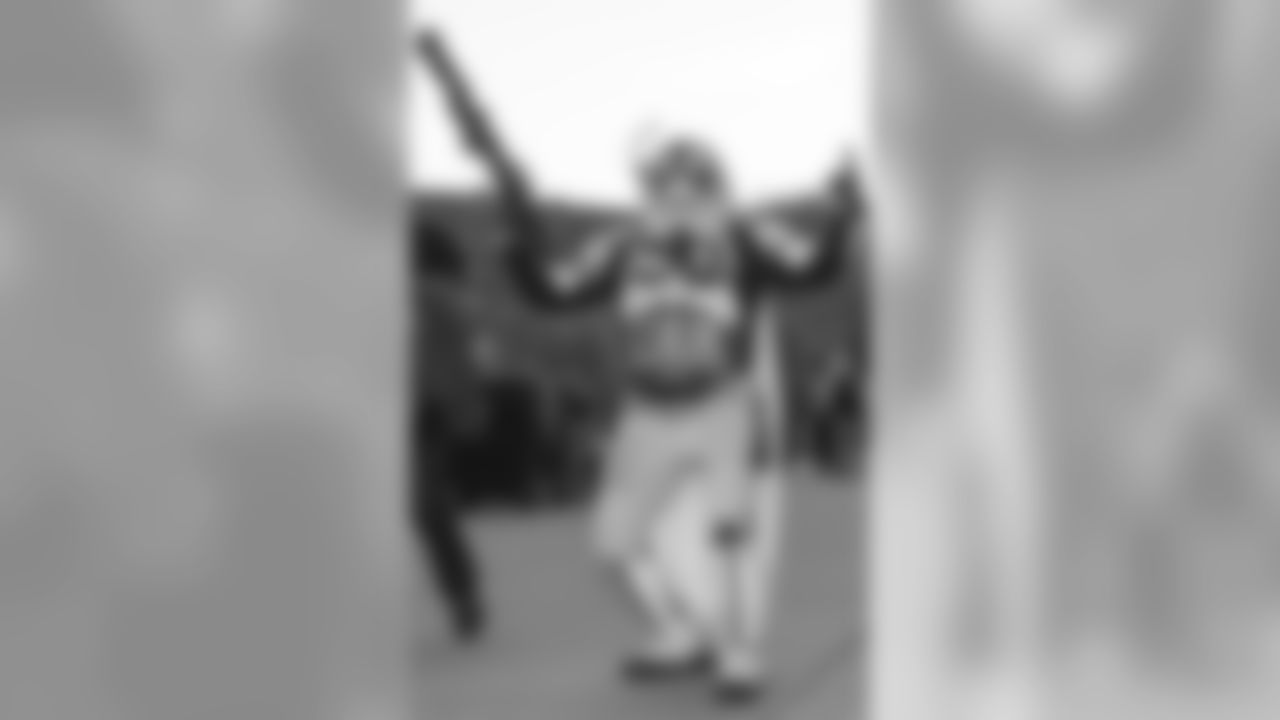




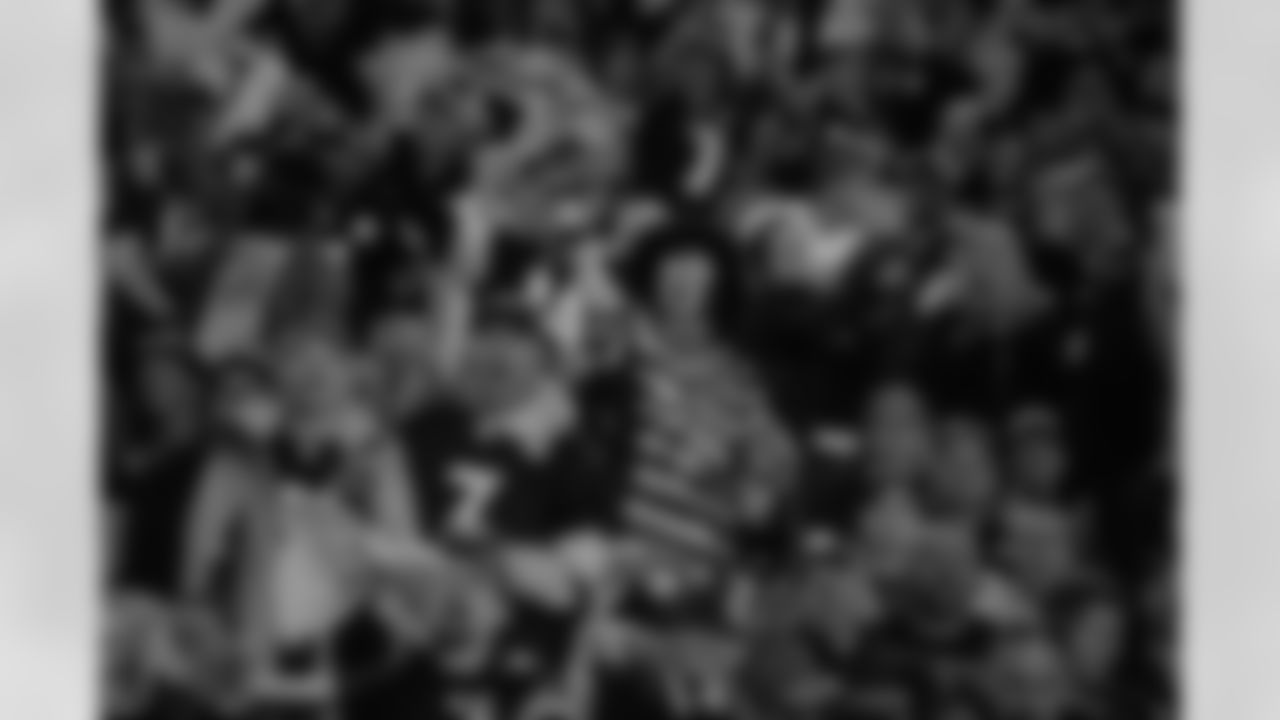


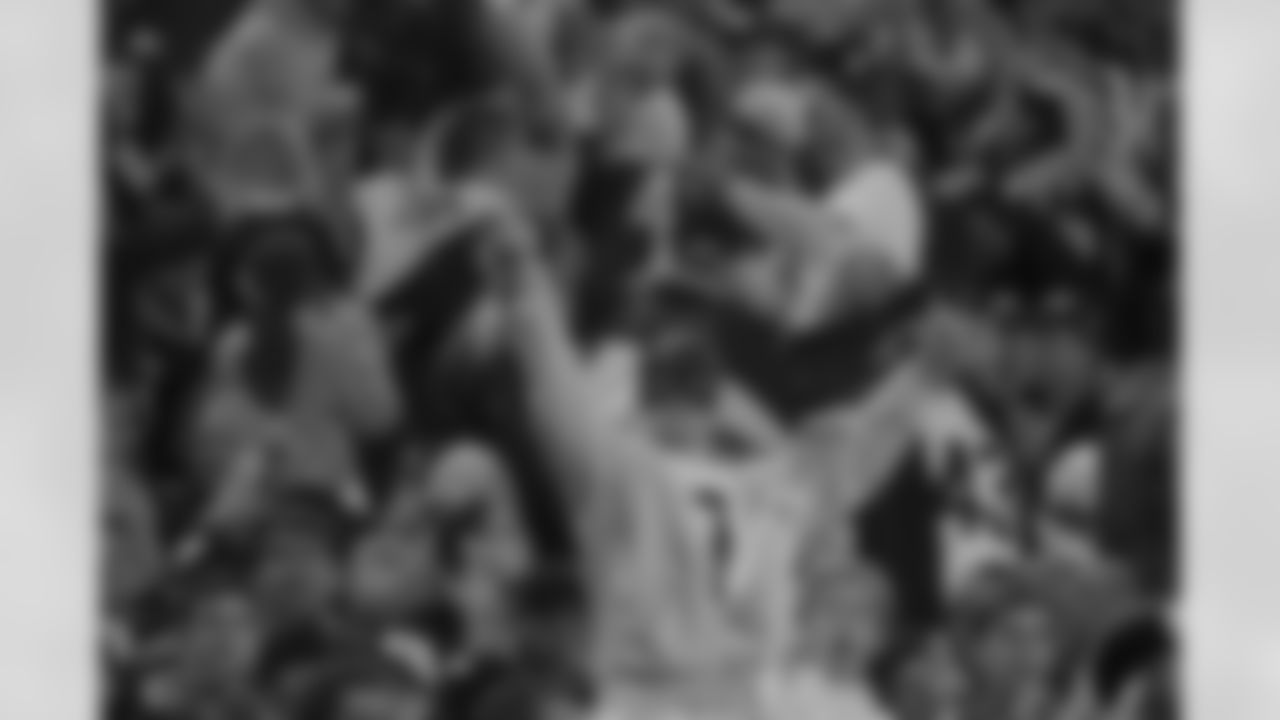


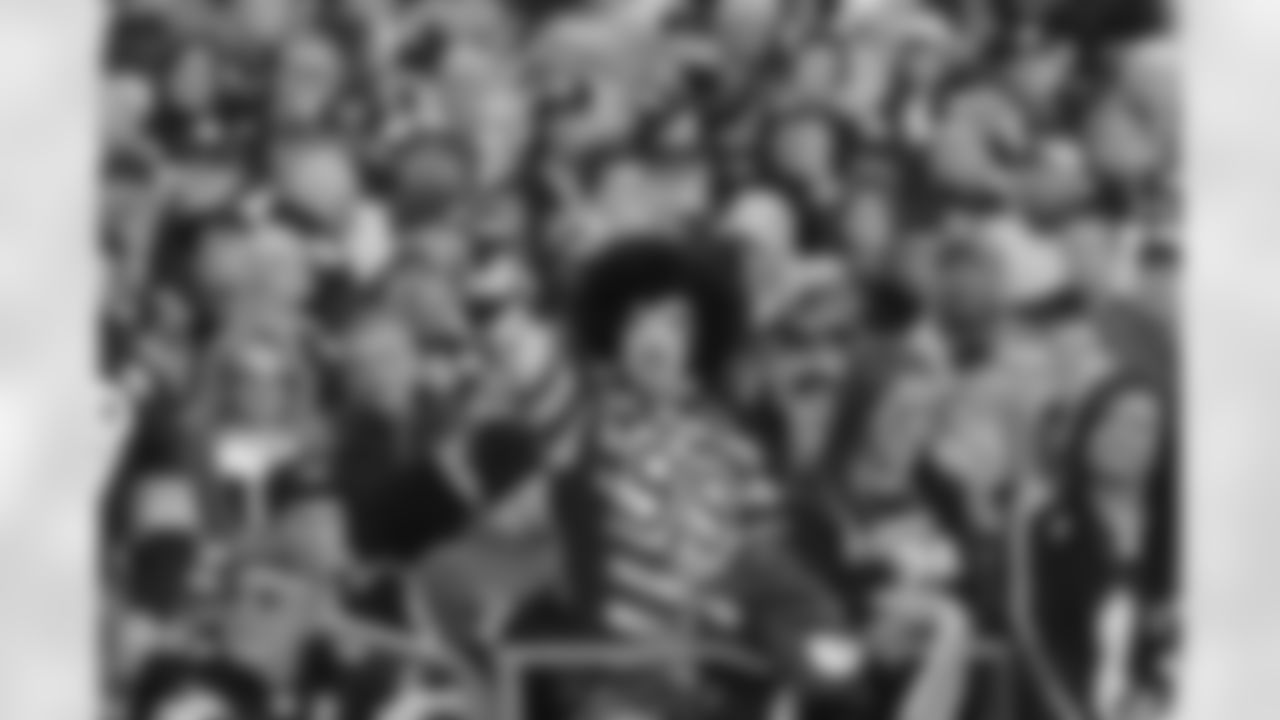











Q. Are there characteristics of a Marvin Lewis coached team? Is there a book on him?**
A. I'm sure there is, but I'm also sure I haven't paid attention to it. (Laughs) I just try to focus on the now in regards to the opponent. I try not to make it personal. I try to live the fact that they're nameless gray faces to us, that it's about what we do and how we do it. I'm sure there are (characteristics of a Lewis coached team), and I'm sure he's better equipped to answer that than I am.
Q. A coach's style – you don't ever take that into consideration in preparing for a game against his team?
A. The style is always altered by the bodies. Marvin Lewis football when he had Corey Dillon is different than Marvin Lewis football right now. That's something I always take into account. The coaches who are inflexible, who try to put players into their style of play are largely unsuccessful. You better have a plan of approach, but you also better be ready to cater that plan to fit the pieces that you have. Marvin has done that and done that in a big way over the years. They've been a pressure team. They've been a four-man rush team. They've been a run-heavy and play-action team. They're a spread-you-out type of team now because of the people they employ. They have A.J. Green and Andy Dalton, but when they had Corey Dillon it was a little bit different. I just think that's a sign of good coaching in today's football, and if you don't take that approach you're not going to have the long-lasting success that Marvin has had.






